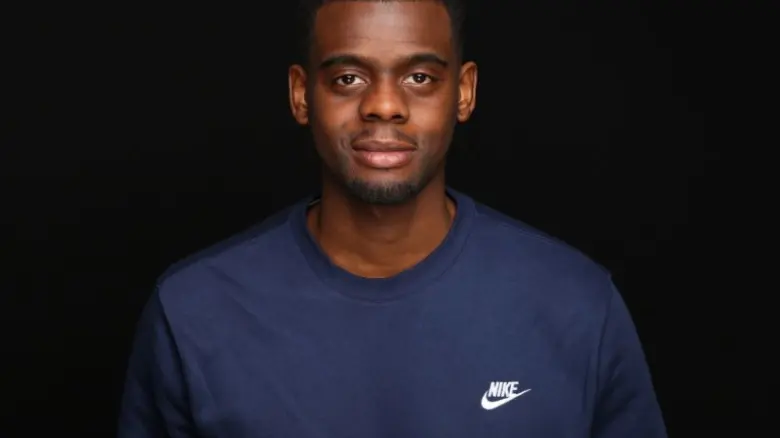My approach with Aaron was always about creating a space where he could be open.
Aaron is a 12-year-old boy that I worked with over a period of six months. From what I experienced, Aaron is joyful and very funny. He’s got a great sense of humour. You can tell Aaron is the one who brings the joy and energy in the room. Especially when it’s down he can lift it up again. The best way to describe Aaron is as someone who is determined. If he’s interested in something, he will do whatever he can to be the best and succeed. Aaron appeared to have a happy life on the surface.
However, he was experiencing troubles at home. The police visited the family home after a report of domestic violence. It was clear that the family situation was affecting Aaron and his siblings. For over ten years they had regularly been witnessing domestic violence and abuse in the home. Due to this Children’s Social Care placed Aaron on a Child Protection Plan. They referred Aaron into Safer London, due to further concerns that he was at risk of exploitation and grooming in the local community.
When he first started working with me Aaron was apprehensive, but you know, that’s natural. I approached the first session as more of a conversation, rather than getting into the work itself. As time went on, he got to know me a bit more and I got to know him. I started to see his character more and he started to open up. Aaron did have a problem concentrating and would often drift off. But if he’s interested, he will engage. You just have to find a way that works for him. I had to adapt my sessions to make sure he stayed engaged.
So, I thought of creative ways to work with him and it was important to structure sessions, so they were interactive. I knew he loved drama and acting, and that he was involved in the end of school play. In one of our sessions, I helped him to practice his lines. I think he really enjoyed this because he didn’t want to stop! This set us up for a great session and really helped me to build that all important relationship with Aaron.
Aaron’s mum was concerned he was at risk of being exploited or groomed after he lied about his whereabouts.
To address these concerns, a big focus of my work was around spotting the signs of exploitation and how Aaron could keep himself safe in certain situations.
We explored Aaron’s understanding of exploitation by asking questions about what he thought exploitation was, what the signs of grooming are, and how to identify potential exploiters. We then moved on to community safety. Together, we identified areas of risk and safety, so areas or places Aaron felt he might be exploited or groomed. From this we could identify places that felt safe and places that felt unsafe. Together we mapped this out and from there we’re able to make a safety plan.
We focused a lot on what he would do if he found himself in a situation where he was getting groomed or exploited. It was simple strategies, such as keeping his distance from those who posed a risk by going to the next local shop and reaching out to his mother or other trusted adults. Who Aaron could contact formed a key part of his safety plan. I put to him the question of who else he would call if he couldn’t get through to his mum and he wasn’t aware. I said, you know you can call the police and they’ll be able to help you, especially if the situation is very severe and he understood that. Aaron is now equipped to handle unsafe situations and protect himself effectively using his safety plan.
Despite Aaron having a good relationship with his mum, it was clear that we needed to improve their dynamic, particularly around trust and communication. We had lots of conversations on how Aaron needs to be honest about his locations with his mum.

I wanted him to understand that he didn’t have to hide or lie about what he was doing. All he has to do is be honest.
His mum wasn’t going to stop him from going out and being with his friends. She wants him to have fun, but he had to be open about what he was up to and where he was going. He was able to grasp that, and it changed the dynamics of the relationship. He began openly sharing his whereabouts and kept her in the loop, letting her know where he was going and who he was with. There was now a line of communication which brought that trust between them.
Over time I saw significant improvements in the relationship. Both Aaron and his mum expressed how it had improved. Aaron’s mum told me he’s speaking to her more and engaging in conversations. These were short and general, but conversations none the less. It let me know he was trying. He’d even started reading to his siblings and spending time playing with them. I could see that he actually wanted to build that relationship and have that trust with his mum, as well as be that big brother to his younger siblings.
One of the things I wanted to work on with Aaron was conflict resolution.
Sometimes Aaron struggled in managing his emotions effectively. In the first few months of starting secondary school, he got into a number of fights over a short period time. This raised concerns with the school, as they were worried about the possibility of this becoming a regular occurrence. It was clear that if Aaron felt disrespected by someone, his immediate response was to retaliate. So, we worked together on ways to manage his emotions, but more importantly managing his reactions to those emotions.
It was about getting him to understand that he’s going to feel angry, because everyone does, right? It’s about how the response can cause that situation to get worse or better. I focused on showing Aaron different ways of how to deal with situations and we did a lot of this through scenario-based work. I’d get him to think back to previous situations where he reacted in a way that caused more problems, and together, we explored alternative ways of dealing with those situations. Additionally, we worked through possible future scenarios. So, I’d put together a hypothetical situation and together we worked through ways he could handle that situation positively.
When it came to that conflict resolution, I could see a real growth in Aaron. I had conversations with Aaron’s teachers where they told me he was getting into less fights and they could see that he was handling situations better. It was clear to me he’d improved his ability to manage difficult situations. With time he was able to deal with situations in a positive way. So instead of reacting, he was able to take a moment to breathe and step away, and then address it accordingly. He was able to just think about the situations and not let his emotions take control of him. He was now the one in control.
My approach with Aaron was always about creating a space where he could be open. We talked about what he wanted to work on, what he felt comfortable talking about. I let him know if he needed support or help with anything, he could come to me, and if it wasn’t something I could help with, I could draw on the professional network for assistance.
Sometimes I feel like young Londoners may have just missed out on certain lessons. Sometimes you just need to put it in front of them and they’ll be like, ohh, OK, I’m aware now. I feel like this was the case for Aaron. He just needed to be guided.
I believe Aaron will continue to grow. His mind is focused and he knows what he needs to do. He has the fundamentals and he’s been able to implement them. He has the ability to self-reflect and can communicate how he’s feeling. I know from what I’ve seen that he can make major improvements and go far in life. I really feel like the future is bright for him
How Safer London helped Aaron
Trauma-informed Caseworker
Every young Londoner is allocated a single trauma-informed caseworker, who works alongside them from 6 to 12 months (with support extending up to two years if required). The support is built around the young Londoner and their needs. The session plans, session content and overall outcomes are influenced by the young Londoner, with their voice being central to what the support looks like.
Person Centred Support
The support is built around the young Londoner and their needs. The session plans, session content and overall outcomes are influenced by the young Londoner, with their voice being central to what the support looks like.
If you’re a young Londoner or parent whose worked with Safer London, and share us your story via email to inspire others. Make sure you let us know the name of your caseworker when you get in touch.

